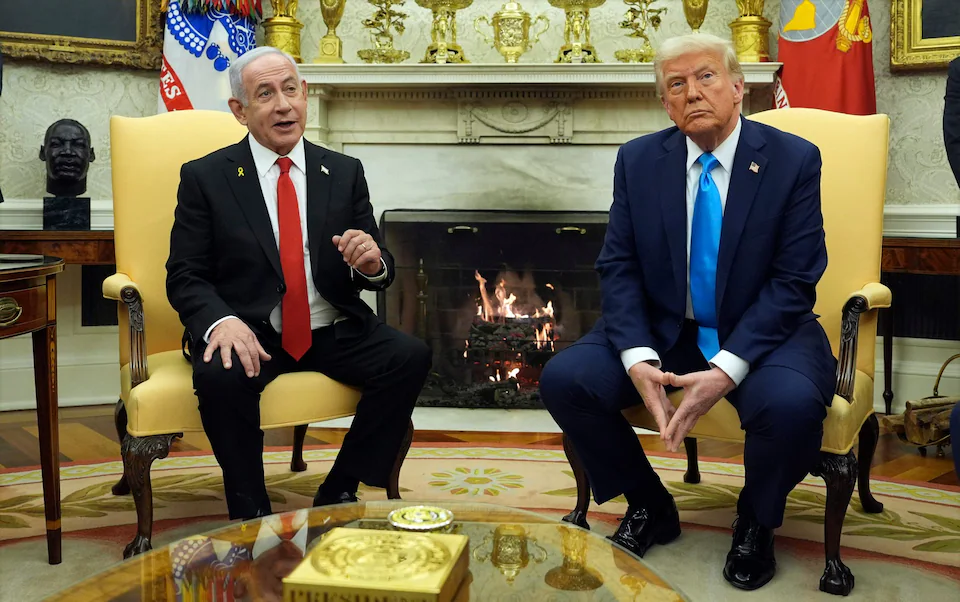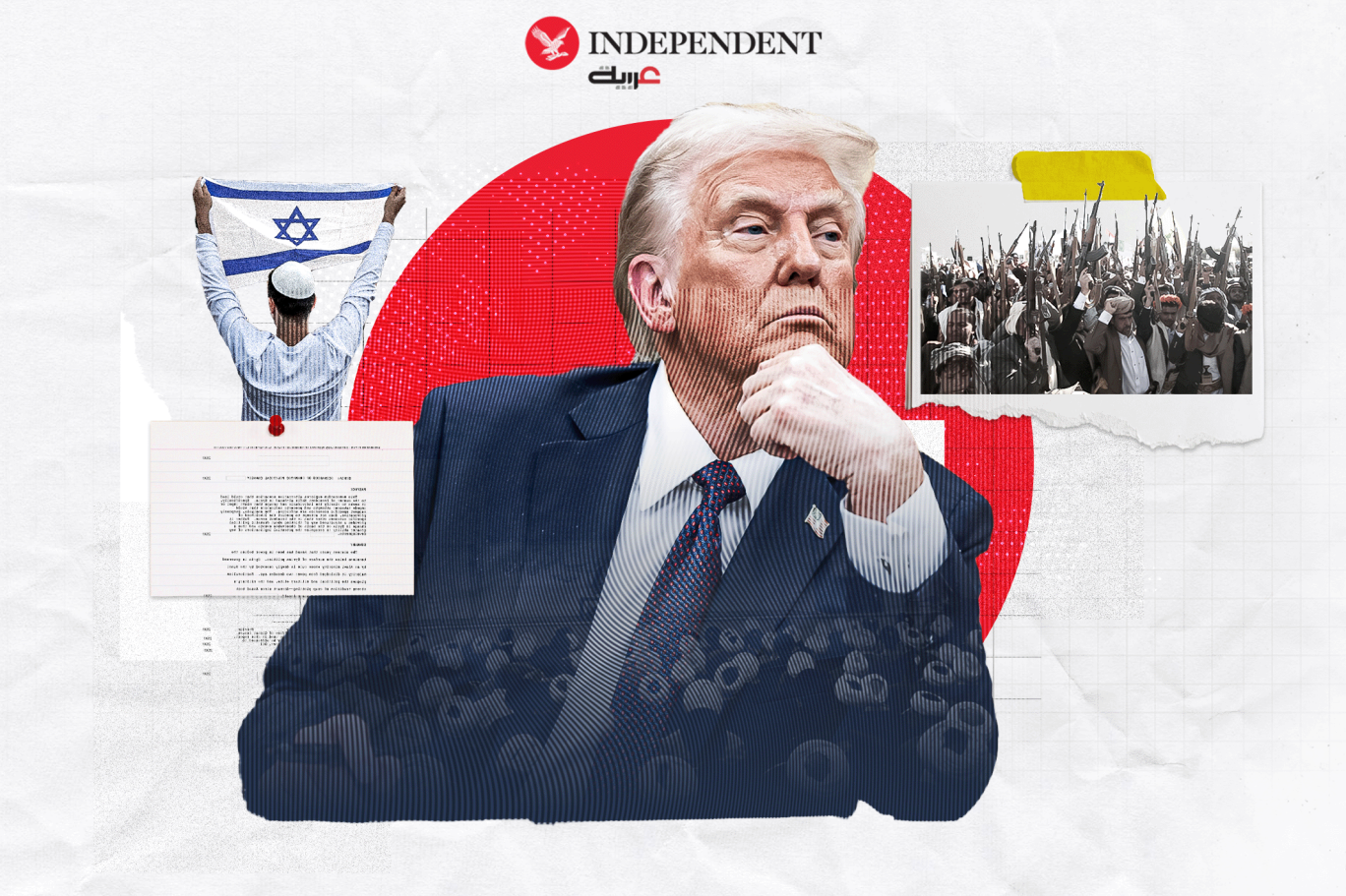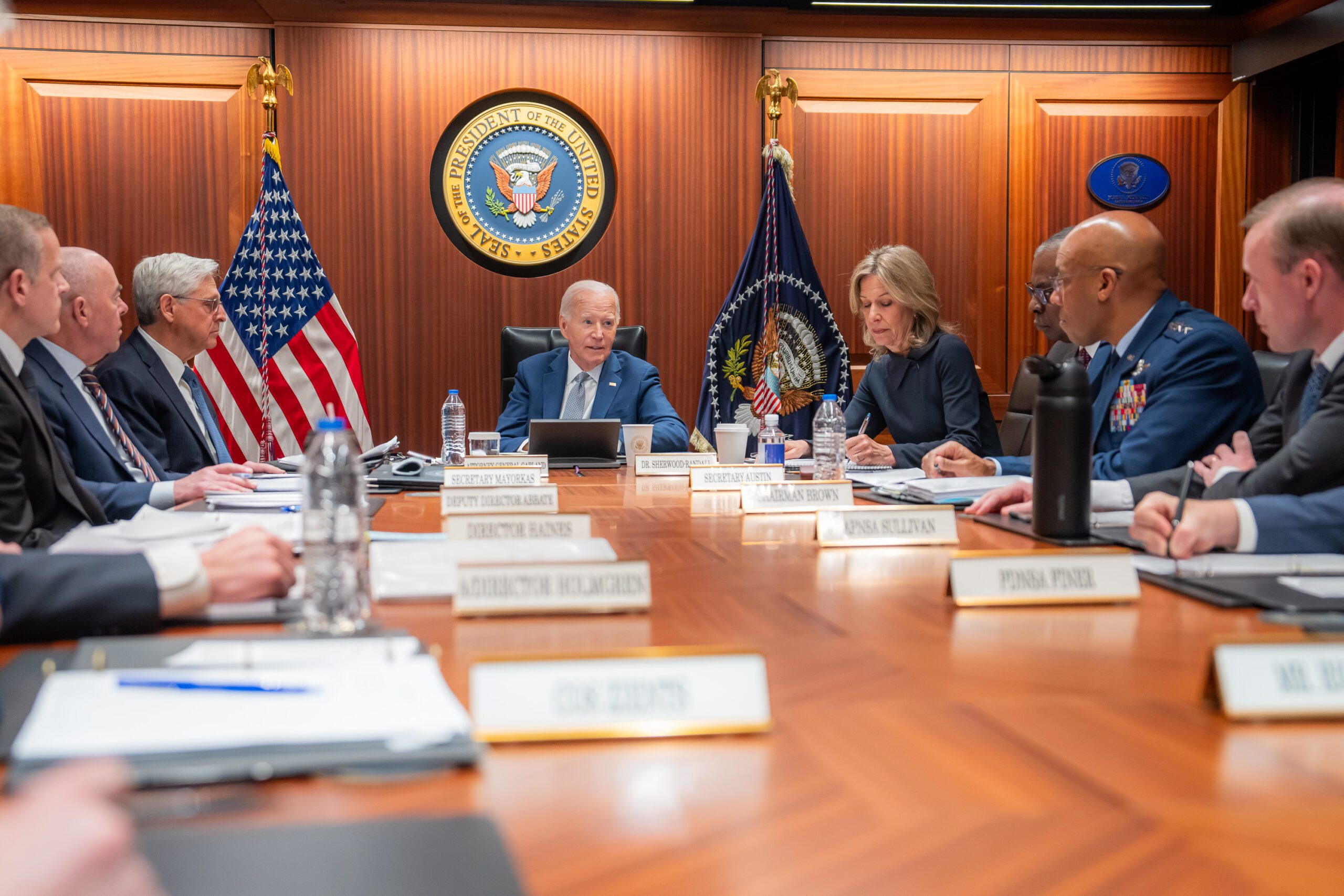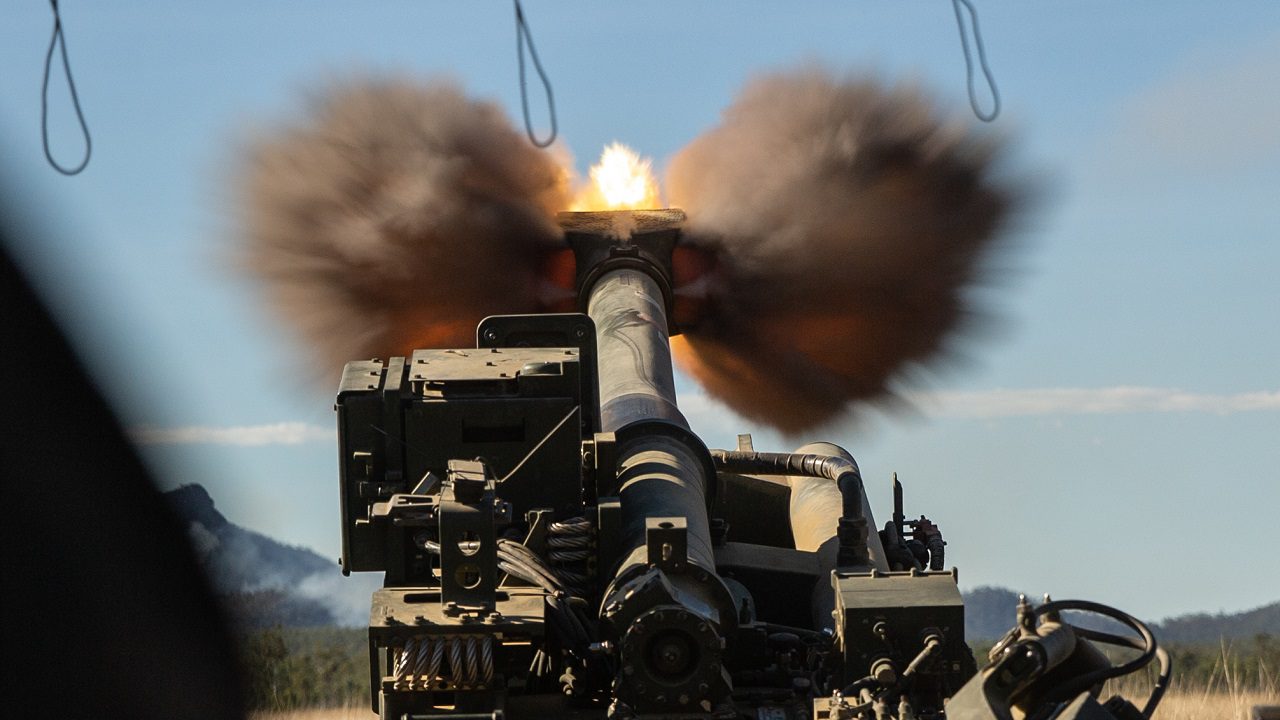Donald Trump has confirmed since 20th January that he is an aberration in American politics. That was clear in his first term, but many refused to acknowledge reality, fervently hoping his second term would be a legacy-building project. Their mistake was assuming that their definition of “legacy”—what normal political leaders see as solidifying a positive mention in the history books—was the same as Trump’s. His definition of success, however, looks more like a Vandal warlord’s than a Roman consul’s.
Many of the president’s critics see his peregrinations as a “new normal”. One election might be a fluke, they say, but not two. Thus, they conclude, the transatlantic alliance requires major changes. This is a critical error. Such changes, once made, will prove far harder to reverse than Trump’s antics, however destructive and unnecessary. Predictably, European Union theologians have declared Washington permanently unreliable, but in the land of Edmund Burke, we should surely expect “rational, cool endeavours” instead.
It bears constant repetition that Trump has no philosophy. He follows no national-security grand strategy. He does not do “policy” as that word is commonly understood. True, he has long held certain views, for example his penchant for lower interest rates, in good times or bad, growth or slowdown, inflation or recession. Why? He is a Manhattan real-estate dealer for whom higher interest rates mean, as William McChesney Martin said, that the Federal Reserve is removing the punchbowl. Belief in low interest rates does not constitute a philosophy. So too with tariffs, which are an end in themselves, invoked variously because of prior bad trade deals; the threat of fentanyl smuggling from Mexico and, of all places, Canada; as a bargaining tool; or because he thinks a country is “nasty” (back to poor Canada).
There are more examples, but the point is clear. Neuron flashes are not policy analysis. Nor can it fairly be deduced from the 2024 elections that Trump’s voters favoured invading Panama, Canada, Greenland or Gaza; launching a trade war unprecedented since the 1930 Smoot-Hawley tariffs, which turned the 1929 crash into the Great Depression; switching sides to back Russia over Ukraine; or dismantling Nato and other alliances that provide what little order exists in an increasingly dangerous, anarchic world. Voters had many grievances, mostly domestic, like persistently high inflation and “wokeism”, but 2024 shows simply that the United States remains, as it has long been, a politically centre-right country. Nothing more, nothing less.
What is different from the first term is that Trump spent four years stewing at Mar-a-Lago, refining and amplifying his personal grievances, and realising that he wanted as advisers only yes-men and yes-women who would not trouble him with data, options and consequences he didn’t want to see or hear. On this score, he has succeeded quite well, unconcerned that all this could come back to haunt the country. Trump is not playing sophisticated, three-dimensional chess, as his loyalists might think, but merely regular chess one move at a time.
This background is critical to understanding Trump’s actions on Ukraine and Nato. He wants a Nobel Peace Prize, arising from resentment over Barack Obama’s 2009 award a mere 11 months into his presidency. Trump says incessantly that the Ukraine war would not have happened with him in office. Vladimir Putin showed his KGB training earlier this year when he agreed! Trump sees foreign affairs through the prism of personal relations: good relations with Putin mean good US-Russia relations; bad vibes with Volodomyr Zelensky mean bad US-Ukraine relations. The recent Oval Office debacle shows how Trump regards Zelensky. Trump’s efforts to force a ceasefire on Ukraine but merely cajole Russia show how he regards Putin.
Trump has already conceded so much to Russia (for Ukraine, no full restoration of its territorial integrity, no Nato membership, no Nato or US security guarantees) that Moscow could hardly have asked for more. Beyond his own Nobel, Trump wants this “Biden war” to go away, an important source of Putin’s leverage. As a result, Russia’s main strategic objective—not just victory in Ukraine, but fundamentally weakening Nato—is now close.
Trump came very close to withdrawing from Nato at the 2018 Brussels summit, and withdrawal during this term is entirely possible. He believes the US defends Europe and gets nothing for it, that the Europeans don’t pay, and, just as irritating, that the EU has unfair trade advantages over America. His complaints will not be answered by Europe now belatedly meeting the 2014 commitments Nato members made to spend 2 per cent of GDP on defence. Trump now says, correctly, that defence spending should be 5 per cent of GDP, which Europe is nowhere near ready to do. Fortunately, Congressional opposition to Trump’s random walk across national security is growing, albeit slowly. For example, Pentagon speculation about Trump relinquishing Nato’s supreme commander slot to a non-American—a clear step towards formal withdrawal—drew quick, sharp opposition from the Republican chairs of the Senate and House armed-services committees.
European leaders are reacting strongly. They are wrong to do so. When Friedrich Merz, likely Germany’s next chancellor, calls for his country’s “independence” from Washington, or the Estonian European Commission vice president Kaja Kallas demands a new western leader, or Brussels acolytes again advocate an EU “pillar” within Nato, they are singing Trump’s song. They are giving him a permission slip to withdraw from Nato, which he can justify as graciously acceding to European wishes. The Soviet Cold War objective of splitting the west is now before us, by our own hand. The next time Europe faces a militaristic, authoritarian enemy, do let us know how it turns out.
The right answer for Europe is neither pleasant nor easy. Trump has 46 months left, but his lame-duck status is becoming clearer. To avoid catastrophe, we must keep our eyes on overcoming the global threats posed by Beijing, the evolving China-Russia axis and the dangers of terrorism, proliferation of weapons of mass destruction and asymmetric and grey-zone warfare, all of which will outlast Trump. The worst outcome would be taking steps now that increase the havoc he will cause or hamper the repairs that will be needed once he leaves office. Most significantly, cheap talk about US withdrawal from international security affairs undercuts the credibility of America’s “extended deterrent”, thereby dramatically increasing the risk of global nuclear proliferation. Fretting about how Trump treated Zelensky does not justify allowing 30 or 40 nuclear-weapons states.
The UK’s role is critical, along with EU states that can still reflect before reacting, understanding that the problem is not the US itself, but only Donald Trump. For example, to enhance western defence-industrial capability generally, London should stress that Europe’s resorting to autarky on defence matters is as economically illiterate as Trump’s resort to tariffs. Concerned Americans should stress that reduced US aerospace and defence sales internationally will hurt Europeans’ own economies in both employment and GDP. National missile-defence capabilities for all Nato members would be a joint project well worth the effort and expense.
London can also suggest Nato engagement in areas where even Trump would agree. Freedom of the seas—the principle that international waters are free to all and belong to none—has long been a core principle of UK and US policy. Until recently, strikes against Yemen’s Iran-backed Houthis were undertaken primarily by US and UK forces. Since Europe would be the principal economic beneficiary, reopening the Suez-Red Sea maritime passage should surely be a Nato enterprise.
More broadly, as Dwight Eisenhower believed, you can sometimes more easily resolve a problem by expanding it. Nato should adopt former Spanish prime minister José María Aznar’s suggestion to make the alliance global, adding states like Japan, Australia and Israel. Israel’s involvement could reengage Trump, and adding Asian members could replace Europe’s obsession on Russia with a focus on the China-Russia axis as the 21st century’s biggest threat.
Trump does not equal the US any more than a random pick from among the EU’s 27 leaders would represent Europe. Trump’s capacity for damage is enormous, but European overreaction could provide the critical mass required to blow the west apart. It is time to step back and reflect, as Edmund Burke would surely advise, and start thinking about 20th January 2029.
This article was first published in Prospect Magazine on March 25, 2025. Click here to read the original article.



